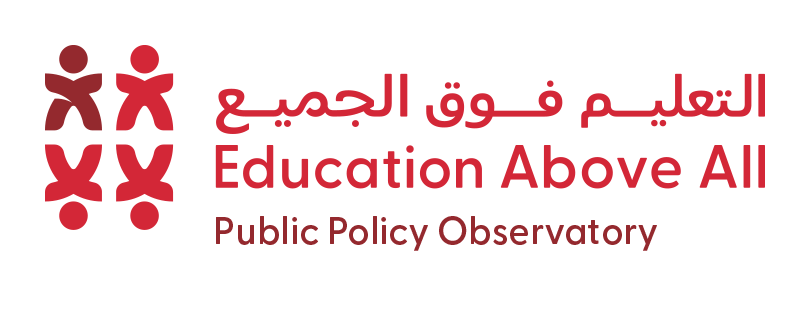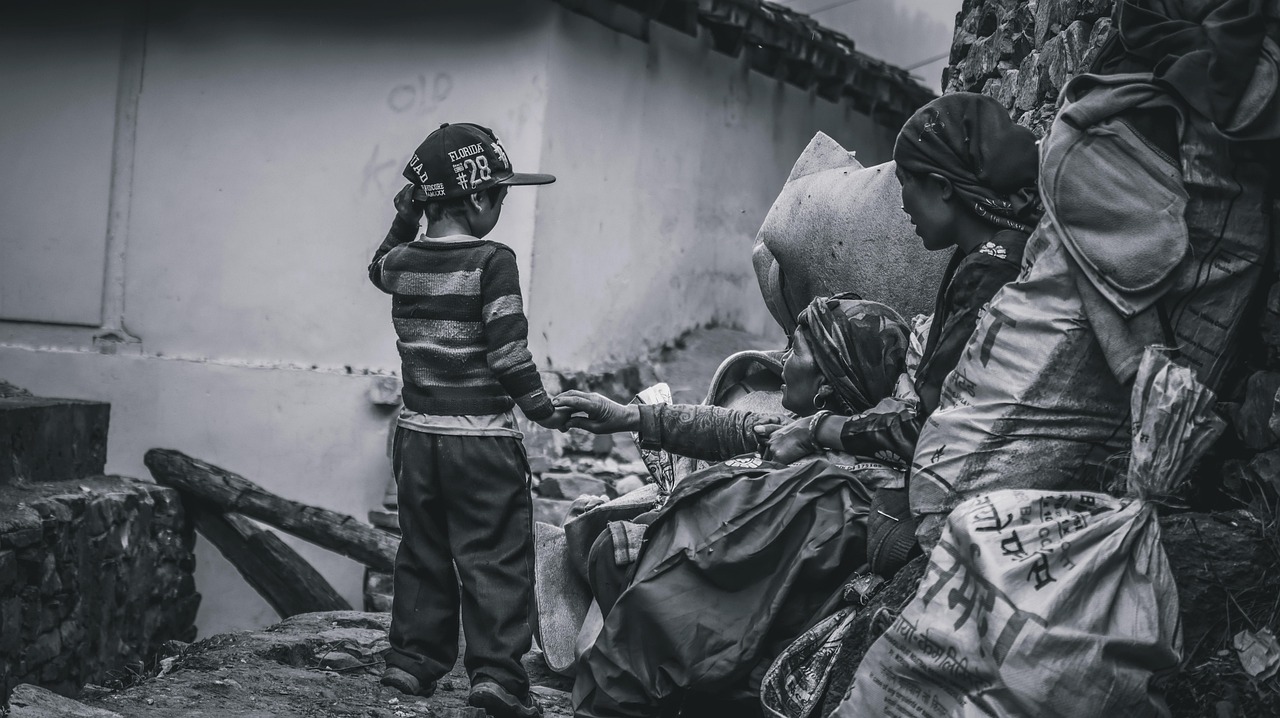Context and Issue
The 'Ending School Related Gender Based Violence (SRGBV) project' was funded by the United Nations Trust Fund and executed by Concern Worldwide in the Nsanje district from May 2013 to October 2015. Nsanje, Malawi's poorest district with a poverty rate of 76%, suffers from low literacy and education rates. Gendered social norms contribute to educational disparities, particularly affecting girls. The project aimed to address gender-based violence in schools, targeting 17 primary schools in the Mpasta and Mlonda educational zones. SRGBV encompasses various forms of violence based on gender stereotypes, such as harassment, corporal punishment, and verbal harassment, with girls in Nsanje experiencing the highest rates. Through a participatory approach involving multiple stakeholders, the project sought to create meaningful changes in the school environment to improve the experiences of female students.
Solution
The project revitalized inactive school bodies like parent-teacher associations (PTAs), school management committees (SMCs), and mothers' groups while introducing new structures such as student councils and psychosocial counselors. Father groups and the Community Child Protection Committee (CPC) were formed at the community level, involving men and boys as guardians and engagement from Community Legal Advisors (CBLAs) and traditional authorities. District-level coordination involved various government offices like the District Social Welfare Office (DSWO) and the District Education Management Office (DEMO), forming a Technical Working Group chaired by Concern. This collaboration aimed to provide formal institutional responses and improve access to victim support services. At the national level, the project also advocated for gender-responsive teaching methods in Teacher Training Schools. Overall, the project's objective was to promote girls' right to education free from violence and discrimination in the Nsanje district, establish intervention structures, enhance service delivery, and strengthen institutional responses to school-related gender-based violence (SRGBV) within the area.
Impact
Overall, the intervention helped achieve considerable progress in the lives of girls. Major accomplishments include rescuing victims and implementing re-admission policies for girls who have undergone early pregnancies. Importantly, the project successfully promoted significant changes in attitudes towards girls' education, with beneficiaries demonstrating a heightened recognition of its importance. However there is need for the evaluation studies to ensure the impact of the intervention.













